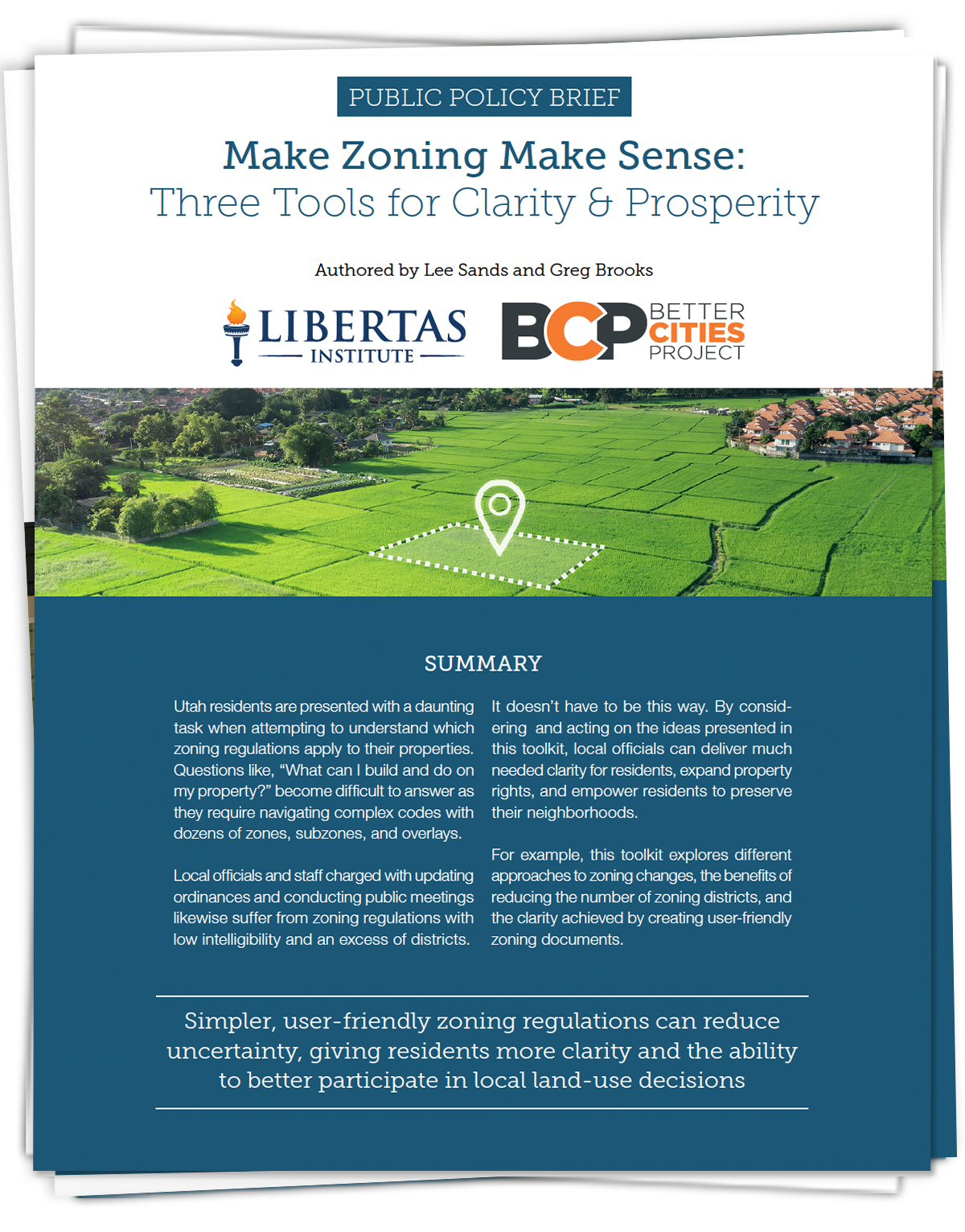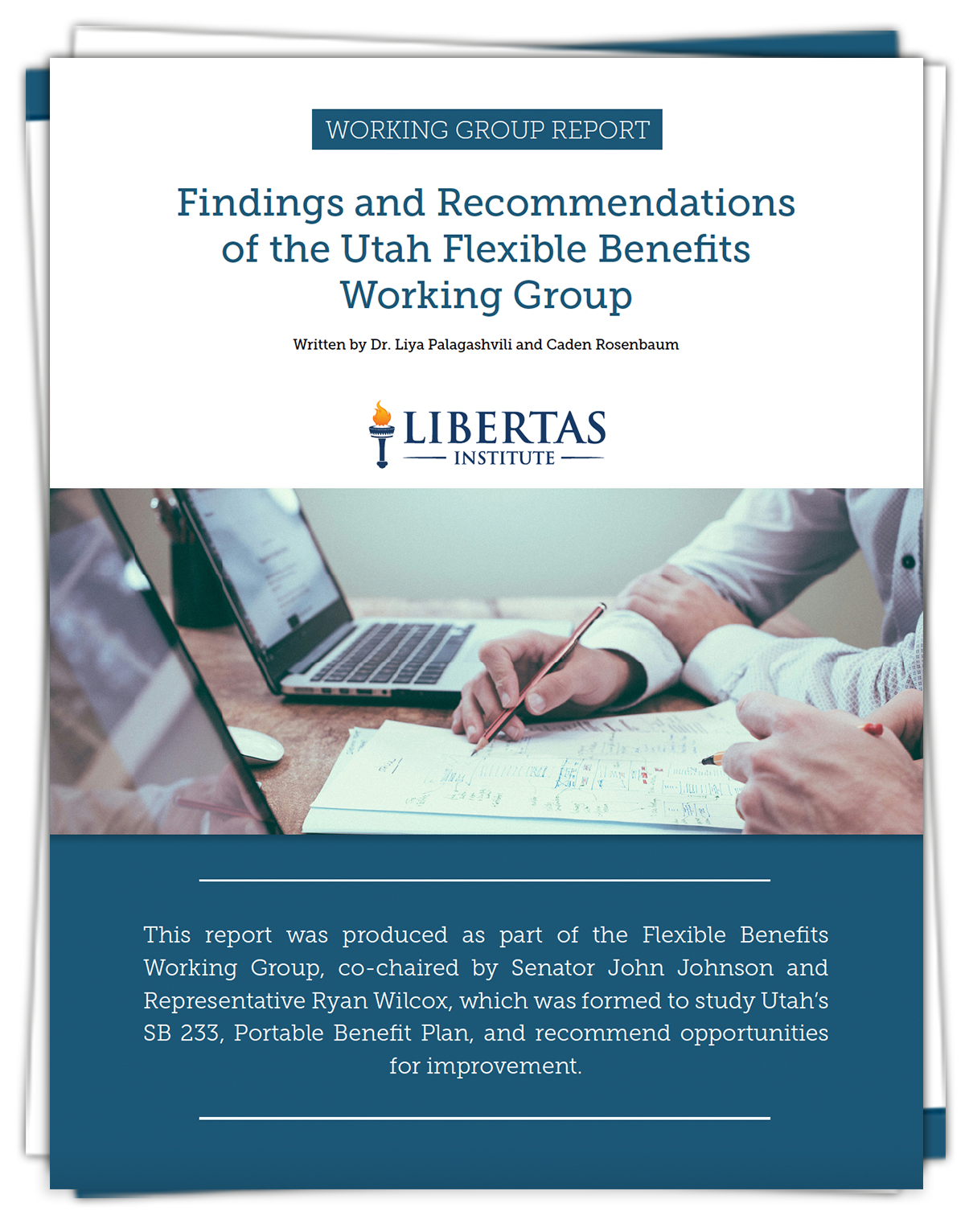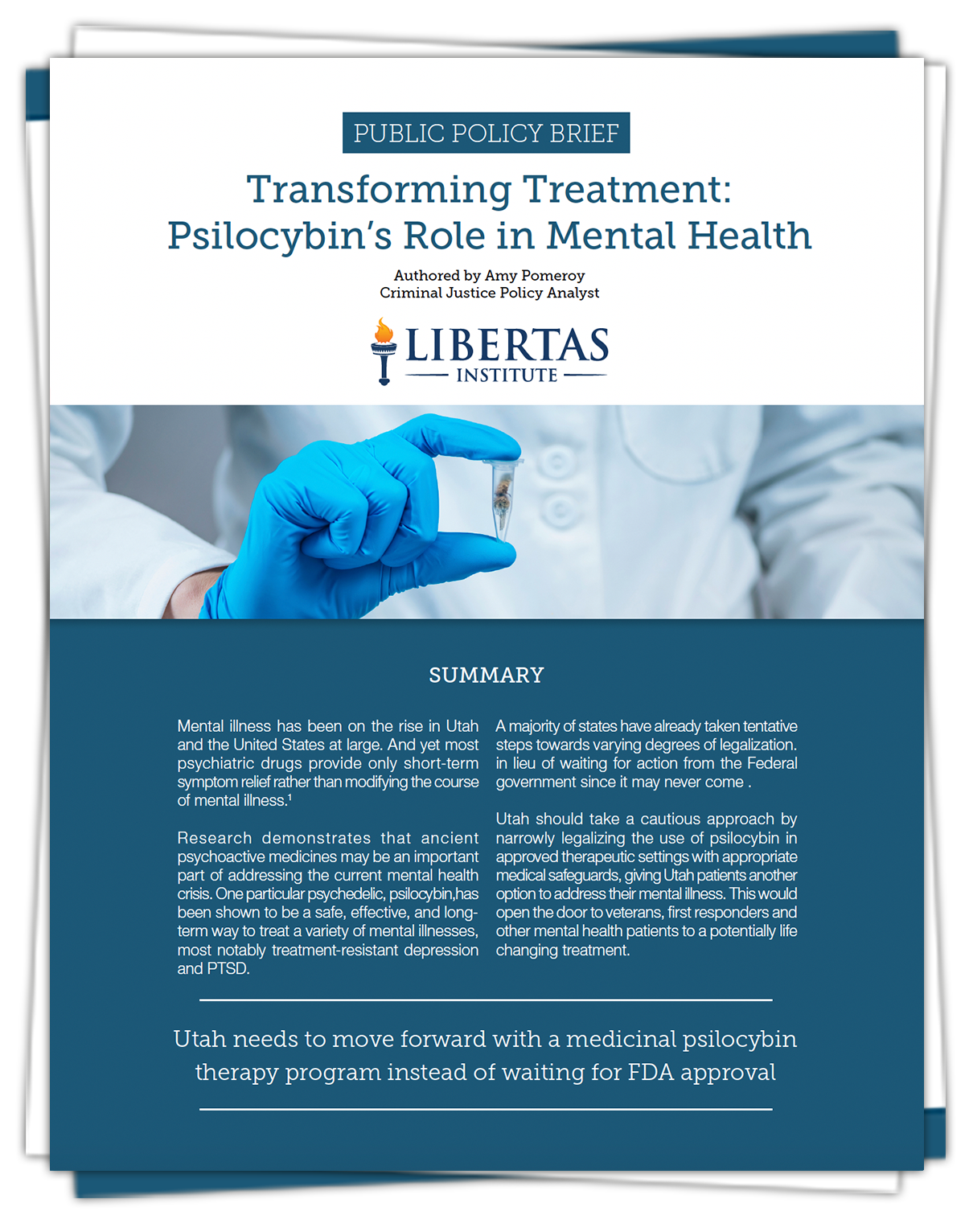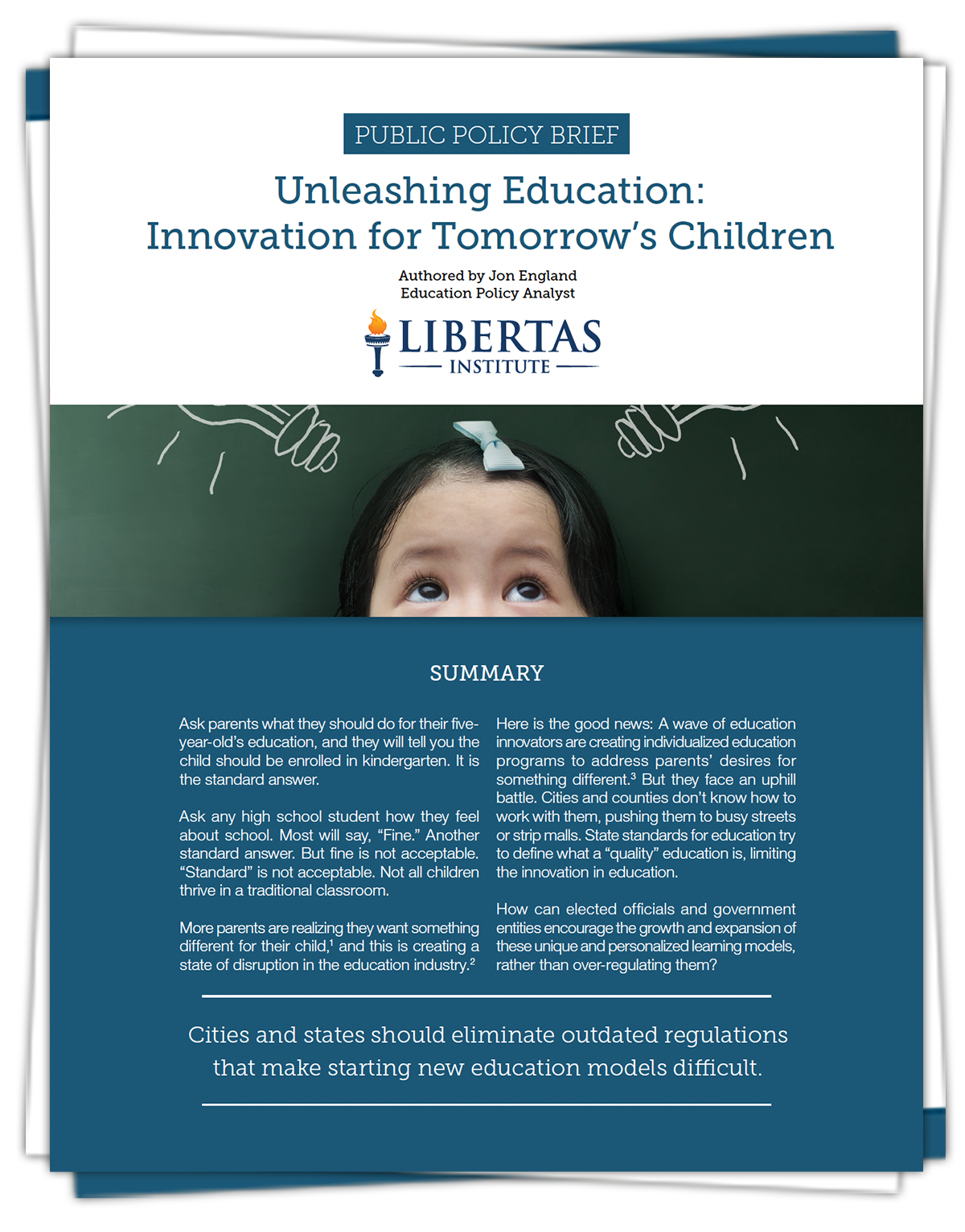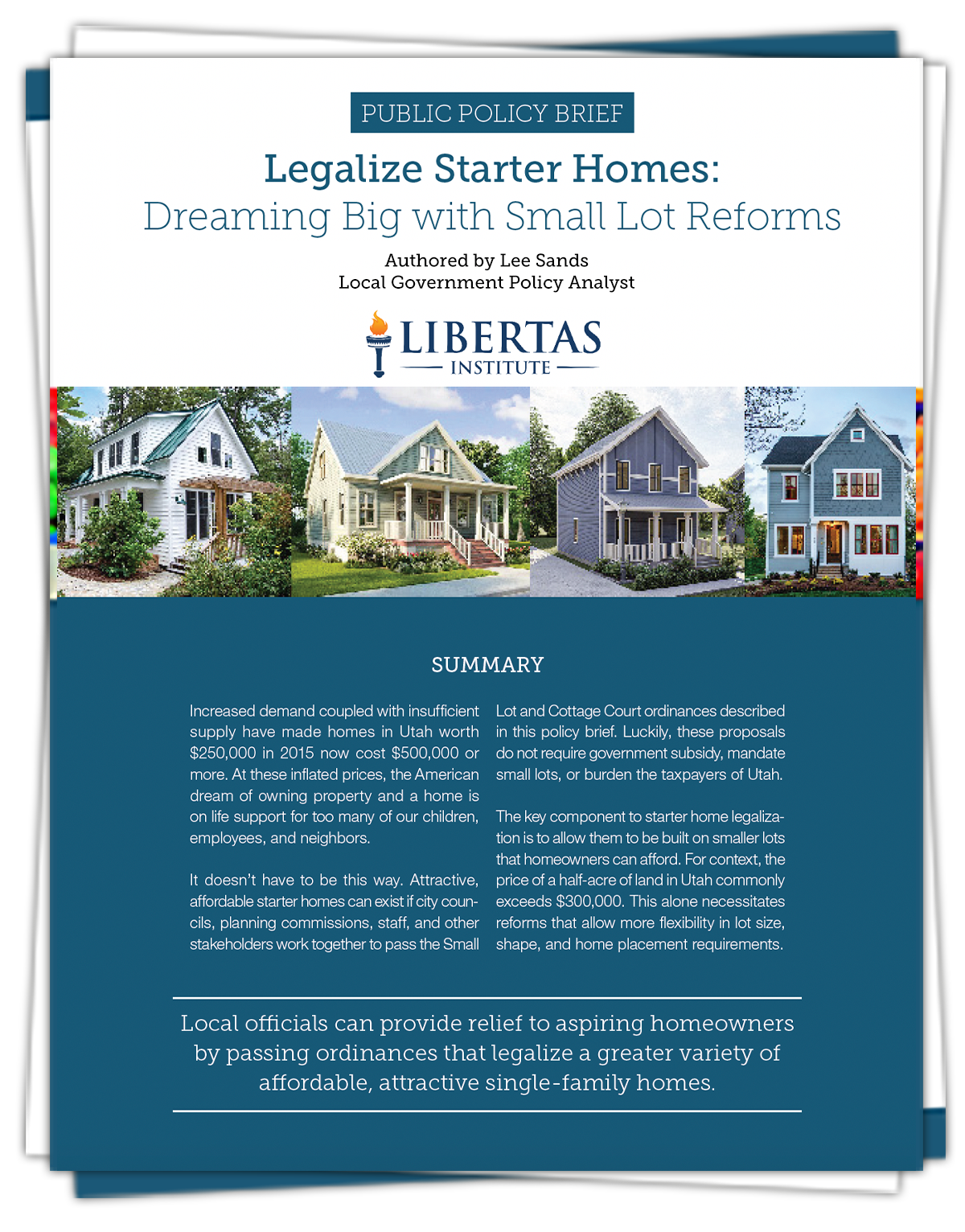Make Zoning Make Sense: Three Tools for Clarity & Prosperity
Authored by Lee Sands, Local Government Policy Analyst at Libertas Institute, and Greg Brooks, President of Better Cities Project
Utah residents are presented with a daunting task when attempting to understand which zoning regulations apply to their properties. Questions like, “What can I build and do on my property?” become difficult to answer as they require navigating complex codes with dozens of zones, subzones, and overlays.
Local officials and staff charged with updating ordinances and conducting public meetings likewise suffer from zoning regulations with low intelligibility and an excess of districts.
It doesn’t have to be this way. By considering and acting on the ideas presented in this toolkit, local officials can deliver much needed clarity for residents, expand property rights, and empower residents to preserve their neighborhoods.
For example, this toolkit explores different approaches to zoning changes, the benefits of reducing the number of zoning districts, and the clarity achieved by creating user-friendly zoning documents.
Read the briefFindings and Recommendations of the Utah Flexible Benefits Working Group
Authored by Dr. Liya Palagashvili of the Mercatus Institute at George Mason University and Caden Rosenbaum, Senior Policy Analyst at Libertas Institute
The report outlines the findings and recommendations of the Flexible Benefits Working Group, chaired by Senator John Johnson and Representative Ryan Wilcox.
Comprising industry leaders, academics, and government officials, the group examined SB 233, Utah’s voluntary portable benefit law for independent contractors. While SB 233 aimed to enable firms to contribute to portable benefit plans for contractors, challenges remain, including federal regulation and weak economic incentives.
Despite legal uncertainties, the group’s consensus on SB 233’s potential was positive. Recommendations focus on strengthening the economic rationale for benefit contributions, emphasizing state-level reforms to support independent contractors’ access to benefits.
Read the briefHow to Turn Laid-Off Talent into Entrepreneurs
Authored by Caden Rosenbaum, Senior Policy Analyst
Hundreds of thousands of tech industry workers were laid off in 2023. But in some states these layoffs provided an opportunity for workers, thanks to alternative reemployment programs called Self-Employment Assistance (SEA).
SEA programs allow motivated and talented workers to start their own businesses and create new jobs. But despite decades of success, only five states still operate active SEA programs. The lack of programs in the remaining forty-five states translates to thousands of missed opportunities for economic growth across the nation.
However, with new rounds of layoffs continuing on into 2024, states still have an opportunity to rethink unemployment by implementing SEA programs. This policy brief details the economic benefits of Self-Employment Assistance programs, stories of entrepreneurs who relied on these programs, the regulatory barriers to expanding these programs, and recommendations for overcoming them.
Read the brief
Transforming Treatment: Psilocybin’s Role in Mental Health
Authored by Amy Pomeroy, Criminal Justice Policy Analyst
Mental illness has been on the rise in Utah and the United States at large. And yet most psychiatric drugs provide only short-term symptom relief rather than modifying the course of mental illness.
Research demonstrates that ancient psychoactive medicines may be an important part of addressing the current mental health crisis. One particular psychedelic, psilocybin,has been shown to be a safe, effective, and long-term way to treat a variety of mental illnesses, most notably treatment-resistant depression and PTSD.
A majority of states have already taken tentative steps towards varying degrees of legalization. in lieu of waiting for action from the Federal government since it may never come.
Utah should take a cautious approach by narrowly legalizing the use of psilocybin in approved therapeutic settings with appropriate medical safeguards, giving Utah patients another option to address their mental illness. This would open the door to veterans, first responders and other mental health patients to a potentially life changing treatment.
Read the briefUnleashing Education: Innovation for Tomorrow’s Children
Authored by Jon England, Education Policy Analyst
Ask parents what they should do for their five-year-old’s education, and they will tell you the child should be enrolled in kindergarten. It is the standard answer.
Ask any high school student how they feel about school. Most will say, “Fine.” Another standard answer. But fine is not acceptable. “Standard” is not acceptable. Not all children thrive in a traditional classroom.
More parents are realizing they want something different for their child, and this is creating a state of disruption in the education industry.
Here is the good news: A wave of education innovators are creating individualized education programs to address parents’ desires for something different.3 But they face an uphill battle. Cities and counties don’t know how to work with them, pushing them to busy streets or strip malls. State standards for education try to define what a “quality” education is, limiting the innovation in education.
How can elected officials and government entities encourage the growth and expansion of these unique and personalized learning models, rather than over-regulating them?
Read the briefLegalize Starter Homes: Dreaming Big with Small Lot Reforms
Authored by Lee Sands, Local Government Policy Analyst
Increased demand coupled with insufficient supply have made homes in Utah worth $250,000 in 2015 now cost $500,000 or more. At these inflated prices, the American dream of owning property and a home is on life support for too many of our children, employees, and neighbors.
It doesn’t have to be this way. Attractive, affordable starter homes can exist if city councils, planning commissions, staff, and other stakeholders work together to pass the Small Lot and Cottage Court ordinances described in this policy brief. Luckily, these proposals do not require government subsidy, mandate small lots, or burden the taxpayers of Utah.
The key component to starter home legalization is to allow them to be built on smaller lots that homeowners can afford. For context, the price of a half-acre of land in Utah commonly exceeds $300,000. This alone necessitates reforms that allow more flexibility in lot size, shape, and home placement requirements.
Read the brief
